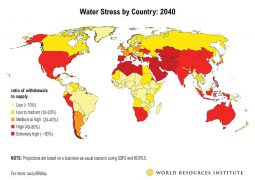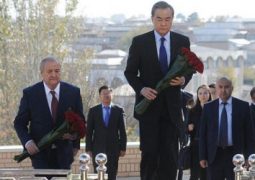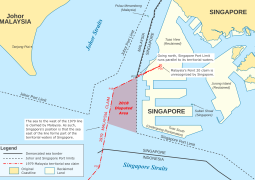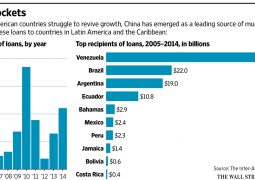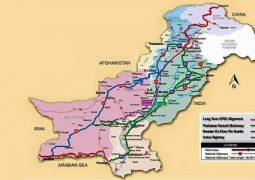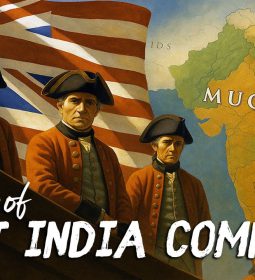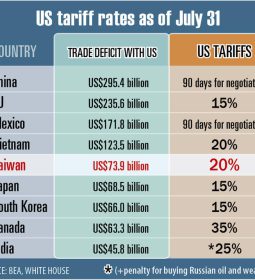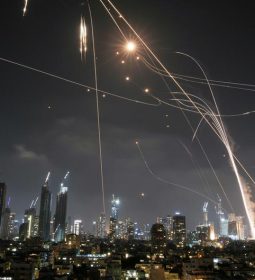Rohingya villages ‘destroyed’ in Myanmar, images show
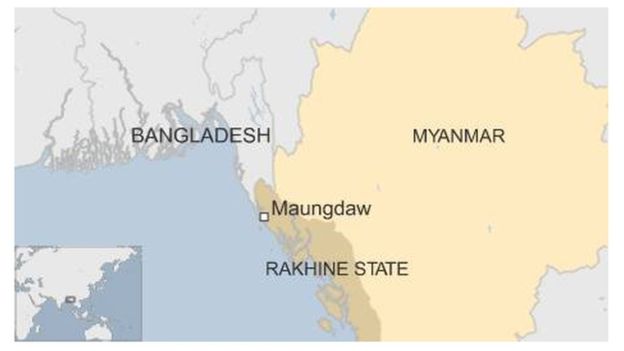
More than 1,200 homes have been razed in villages inhabited by Myanmar’s Muslim Rohingya minority in the past six weeks, Human Rights Watch says.
The group has released a batch of new satellite images that it says show 820 structures were destroyed between 10-18 November.
The military is conducting security operations in Rakhine but the government denies it is razing homes.
The Rohingya are one of the world’s most persecuted minority groups.
The BBC cannot independently verify the extent of destruction in Rohingya villages as the government has blocked international journalists from visiting the area, from where tens of thousands of people have fled.
But a BBC correspondent on the Bangladesh-Myanmar border has spoken with fleeing Rohingya families who described what was happening in northern Rakhine as “hell on earth”.
The government of Myanmar, which is also known as Burma, says that the Rohingya are setting fire to their own homes to attract international attention.
Human Rights Watch previously identified 430 destroyed buildings in three villages from satellite images released on 13 November. Presidential spokesman Zaw Htay accused the group of exaggeration in responding to that report.
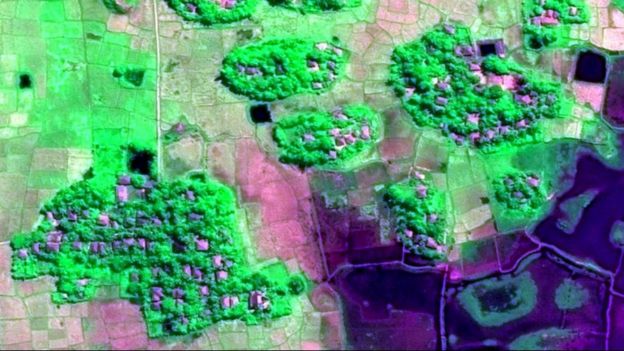 Image copyrightHUMAN RIGHTS WATCH
Image copyrightHUMAN RIGHTS WATCH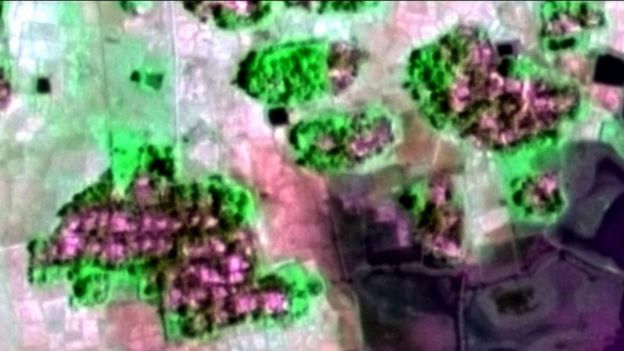 Image copyrightHUMAN RIGHTS WATCH
Image copyrightHUMAN RIGHTS WATCH‘Hell on earth’ – BBC Bengali’s Akbar Hossain on the Bangladesh-Myanmar border
I had the opportunity to talk to at least five families who fled from their homes in Myanmar to take shelter in Bangladesh, joining more than 500,000 Rohingya Muslims already living here unofficially.
Those I spoke to said the Burmese military are burning the houses of the Rohingya, they are committing torture and women are being raped.
They described what has been occurring in northern Rakhine state for the past month as “hell on earth”.
While the Myanmar military are launching an anti-insurgency operation, the Rohingya who fled told me they are being targeted indiscriminately. They say that they too are in favour of punishing the perpetrators of attacks on border police, but innocent Rohingya are being targeted as part of the current crackdown.
What is happening in Rakhine state?
A massive security operation was launched last month after nine police officers were killed in co-ordinated attacks on border posts in Maungdaw.
Some government officials blamed a militant Rohingya group for the attack. Security forces then sealed off access to Maungdaw district and launched a counter-insurgency operation.
Rohingya activists say more than 100 people have been killed and hundreds arrested amid the crackdown.
Soldiers have also been accused of serious human rights abuses, including torture, rape and executions, which the government has flatly denied.
It says militants have attacked helicopter gunships providing air support to troops.
Bangladesh has beefed up its security presence on the border as hundreds of Rohingya try to flee there.
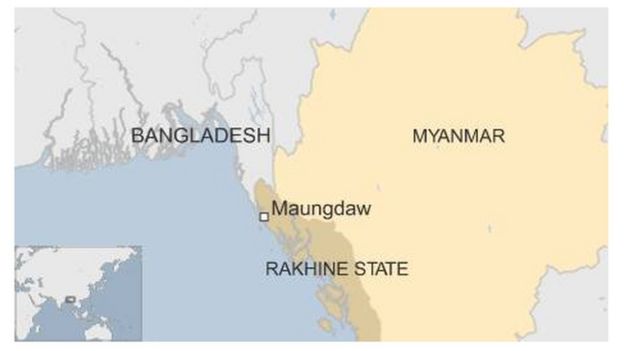
Who are the Rohingya?
The estimated one million Rohingya are seen by Rakhine’s Buddhist majority as illegal migrants from Bangladesh. They are denied citizenship by the government despite many having lived there for generations.
Communal violence in Rakhine state in 2012 left scores dead and displaced more than 100,000 people, with many Rohingya still remaining in decrepit camps.
They face widespread discrimination and mistreatment.
Is the government to blame?
Myanmar held its first openly contested election in 25 years last November, with Nobel Laureate Aung San Suu Kyi’s National League for Democracy winning a landslide victory.
Though she is barred from the presidency due to a constitutional rule, Ms Suu Kyi, who serves as State Counsellor, is seen as de-facto leader.
But her government, led as it is by a former human rights icon, has faced international criticism over the situation in Rakhine state.
“Instead of responding with military-era style accusations and denials, the government should simply look at the facts and take action to protect all people in Burma, whatever their religion or ethnicity,” Human Rights Watch Asia Director Brad Adams said.
He added: “A government with nothing to hide should have no problem granting access to journalists and human rights investigators.”
Presidential spokesman Zaw Htay says the international media is misreporting what is going on.
How has the international community reacted?
An international delegation was allowed to visit the area earlier this month but achieved only “limited results”, UN special rapporteur on Myanmar Yanghee Lee said on Friday.
“The security forces must not be given carte blanche to step up their operations under the smokescreen of having allowed access to an international delegation,” she said.
- Previous Presidential elections demonstrate democratic transformation and reforms
- Next Turkish President not worried about Trump’s Muslim comments



